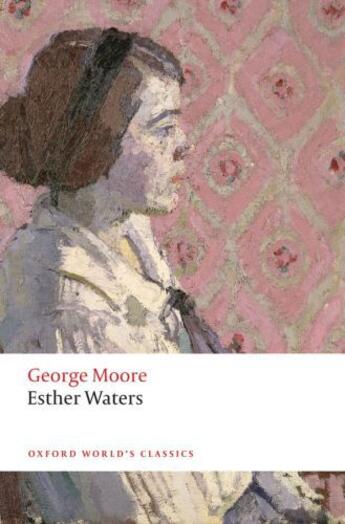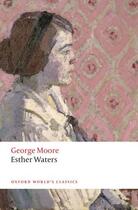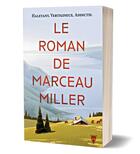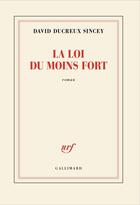-
Nombre de pages : (-)
-
Collection :
(-)
-
Genre :
(-)
-
Thème :
Non attribué
-
Prix littéraire(s) :
(-)
Résumé:
I daresay I shall get through my trouble somehow.' Esther Waters is a young, working-class woman with strong religious beliefs who takes a position as a kitchen-maid at a horse-racing estate. She is seduced and abandoned, and forced to support herself and her illegitimate child in any way that... Voir plus
I daresay I shall get through my trouble somehow.' Esther Waters is a young, working-class woman with strong religious beliefs who takes a position as a kitchen-maid at a horse-racing estate. She is seduced and abandoned, and forced to support herself and her illegitimate child in any way that she can. The novel depicts with extraordinary candour Esther's struggles against prejudice and injustice, and the growth of her character as she determines to protect her son. Her moving story is set against the backdrop of a world of horse racing, betting, and public houses, whose vivid depiction led James Joyce to call Esther Waters 'the best novel of modern English life'.
Controversial and influential on its first appearance in 1894, the book opened up a new direction for the English realist tradition. Unflinching in its depiction of the dark and sordid side of Victorian culture, it remains one of the great novels of London life and labour in the 1890s.
ABOUT THE SERIES: For over 100 years Oxford World's Classics has made available the widest range of literature from around the globe. Each affordable volume reflects Oxford's commitment to scholarship, providing the most accurate text plus a wealth of other valuable features, including expert introductions by leading authorities, helpful notes to clarify the text, up-to-date bibliographies for further study, and much more.
Donner votre avis
















